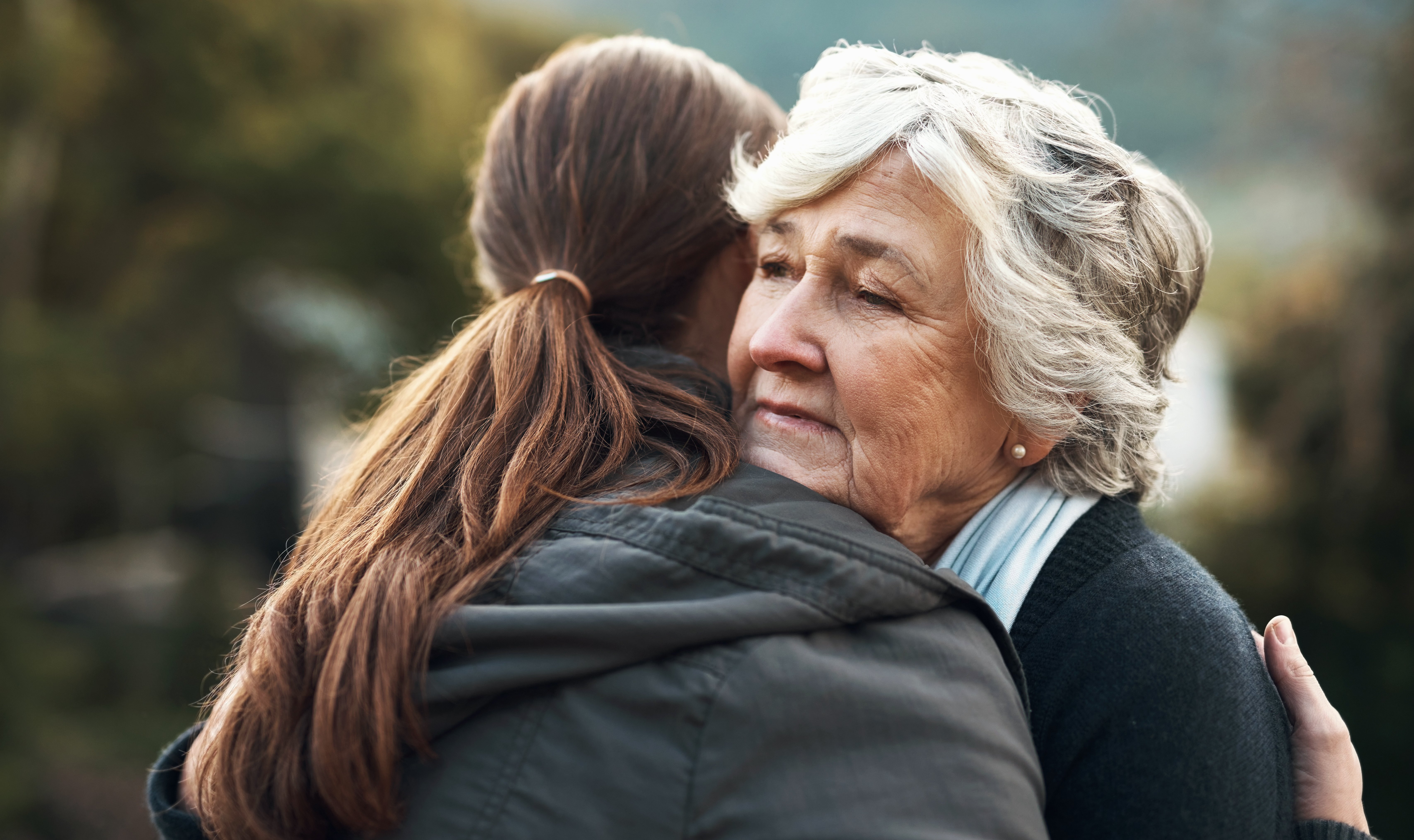.png?width=2160&height=1080&name=www.metropolitanmemorialparks.com.auhubfsMMP%20Website%20CMS%20MediaBlogRest%20AssuredHumanitix%20Banner%20(2).png)
Understanding grief: a compass for post-loss living
Rest Assured Webinar
30 April 2025

Meet the presenters
Sally and Imogen are the dynamic co-founders of 'Good Mourning'. Described as "Passionate change-makers" by Women's Health Australia, their mission is to transform how we talk about grief, resilience and mental health, providing a trusted resource for navigating grief with honesty and compassion. Their work was born from their own very personal experiences with sudden loss in their early 30s.

Grief is more than sadness
Grief is not just sorrow after a death-it’s a complex mix of emotions, including guilt, numbness, anger, confusion, and even moments of joy. It can be triggered by any significant loss, not just bereavement. Numbness, for example, is a natural response to shock.
Tip: Ask, “How are you today?” to acknowledge changing feelings. Name and normalise emotions to make them easier to process.

Grief is physical, not just emotional
Grief affects the whole body, often leading to exhaustion, anxiety, and brain fog. These physical symptoms are part of the body’s stress response. Rest is essential, not indulgent, during this time.
Tip: Listen to your body and use practices like breathwork or yoga to help regulate your nervous system.
.jpg?width=8009&height=5342&name=iStock-1778105844%20(1).jpg)
There’s no timeline for grief
The popular “Five Stages of Grief” were originally meant for people facing their own mortality, not those grieving a loss. Grief is not linear and doesn’t have a clear endpoint - it’s something people learn to live with, not “finish”. The dual process model suggests people move between confronting their loss and engaging with daily life.
Tip: Allow yourself to shift between feeling your grief and taking breaks for normal activities.

Everyone grieves differently
Grief is shaped by personality, culture, and life experience. Some process grief through feelings and talking (intuitive grievers), while others focus on tasks and problem-solving (instrumental grievers). Most people are a mix.
Tip: Whether you need to talk or prefer to keep busy, your way of grieving is valid.
Good Mourning Testimonial
"Working with the MMP team on the Rest Assured webinar was seamless from start to finish. The whole experience felt incredibly collaborative and supportive – your team is so professional, clear in communication, and genuinely passionate about providing your community with the best experience and knowledge. It really felt like a shared mission. The audience turnout was fantastic and the engagement was next-level – a true reflection of the trust you’ve built and the importance of this topic. We’d be thrilled to collaborate again."
- Sal and Im, Good Mourning
What is Rest Assured?
Rest Assured is a webinar series encouraging open and meaningful conversation about death-related topics so people can make informed decisions about their own and their loved ones’ end-of-life care and wishes.
Supported through its foundational community partnership between Metropolitan Memorial Parks and Newcastle Compassionate Community, this free public program creates a safe space for discussing end-of-life matters.
Featuring specialists across diverse cultures and industry-related sectors, topics include end-of-life planning, Advanced Care Plans, legal aspects and responsibilities, burial and memorial service options, cultural approaches and practices, as well as grief and loss support resources.
Explore more from the Rest Assured series
To read articles and access resources from past Rest Assured webinars, visit our Rest Assured Hub—a dedicated space within our Resource Hub that supports informed, inclusive, and compassionate end-of-life conversations.







-1.jpg?width=1600&name=Banner%20(7)-1.jpg)







.jpg?width=1600&name=RGC%20Gallery%20(3).jpg)




.jpg?width=2000&name=Copy%20of%20MMP%20Website%20Header%20Image%20Template%20(1).jpg)
.jpg?width=1600&name=WMP%20Wonderfully%20Made%20Memorial%20(1).jpg)

.jpg?width=2000&name=Copy%20of%20MMP%20Website%20Header%20Image%20Template%20(2).jpg)

.jpg?width=800&name=Untitled%20design%20(56).jpg)












